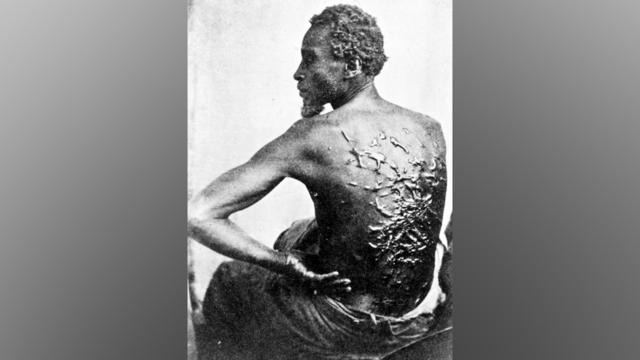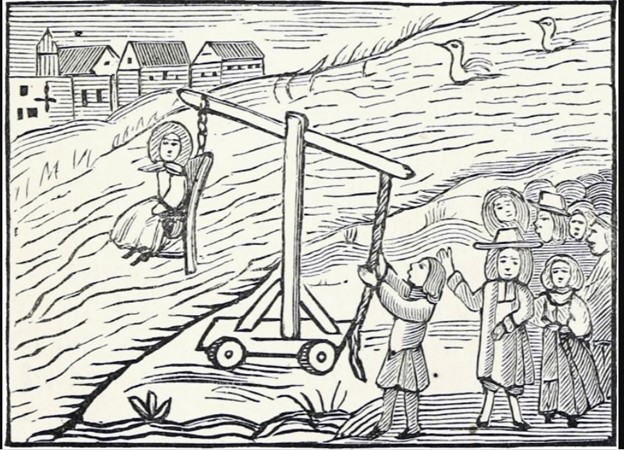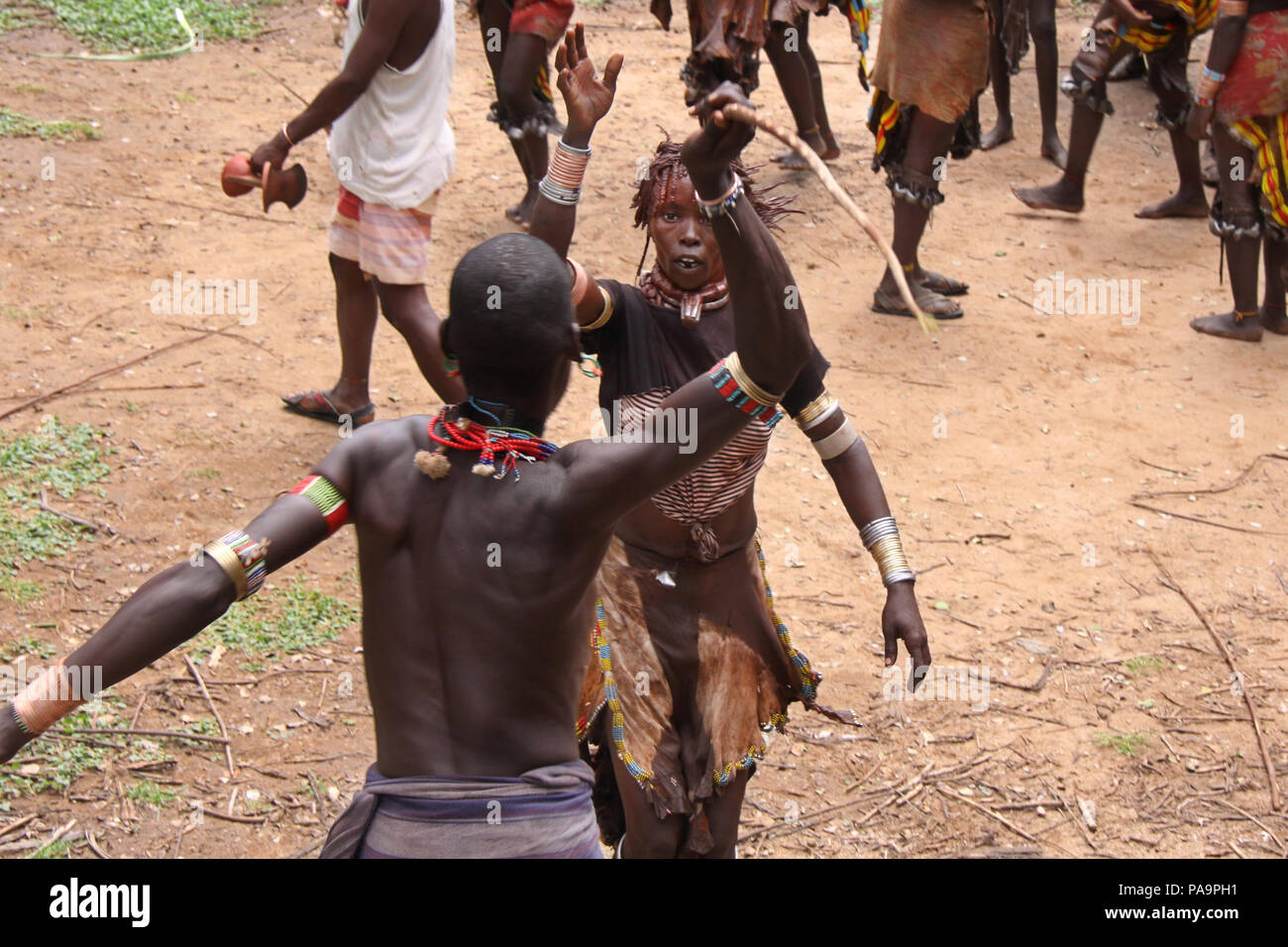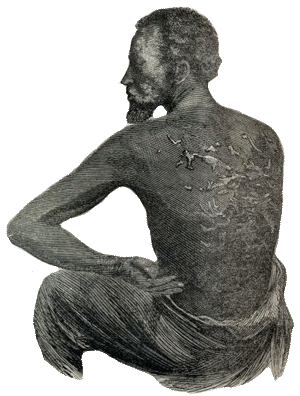Ex-slave Mary Prince used religion to convinc
By A Mystery Man Writer
When The History of Mary Prince, the first account of a black woman's life in Britain, was published in 1831 it scandalized the British public, galvanized the anti-slavery movement and contributed to the passage of the Slavery Abolition Act in 1833. But who was Mary Prince and how did she get the British public not just to listen to her story but to care?
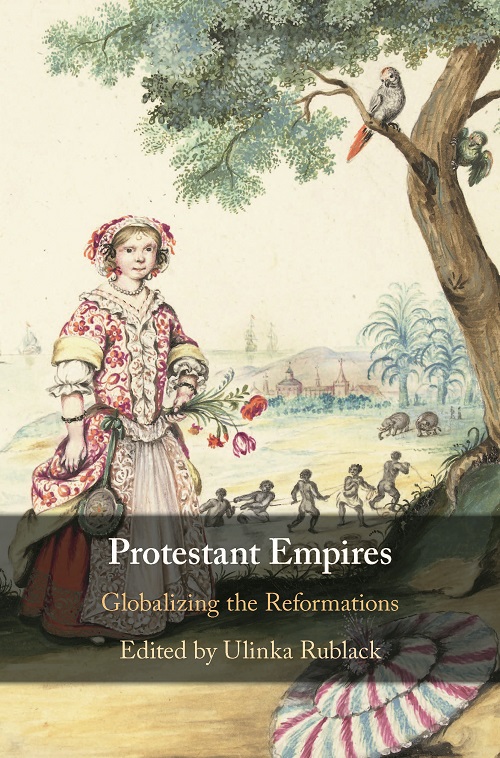
Ex-slave Mary Prince was a 'savvy narrator' who used religion to convince the British public that black people were human beings

Ibram X. Kendi: How Racism Relies on Arbitrary Hierarchies ‹ Literary Hub
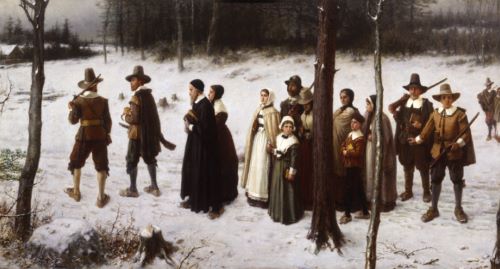
Higher Callings: Religious Movements in America since Colonial New England - Brewminate: A Bold Blend of News and Ideas

Rastafarians. A Movement Tied with a Social and Psychological Conflict - GRIN

The History of Mary Prince: A West Indian Slave Narrative by Mary Prince
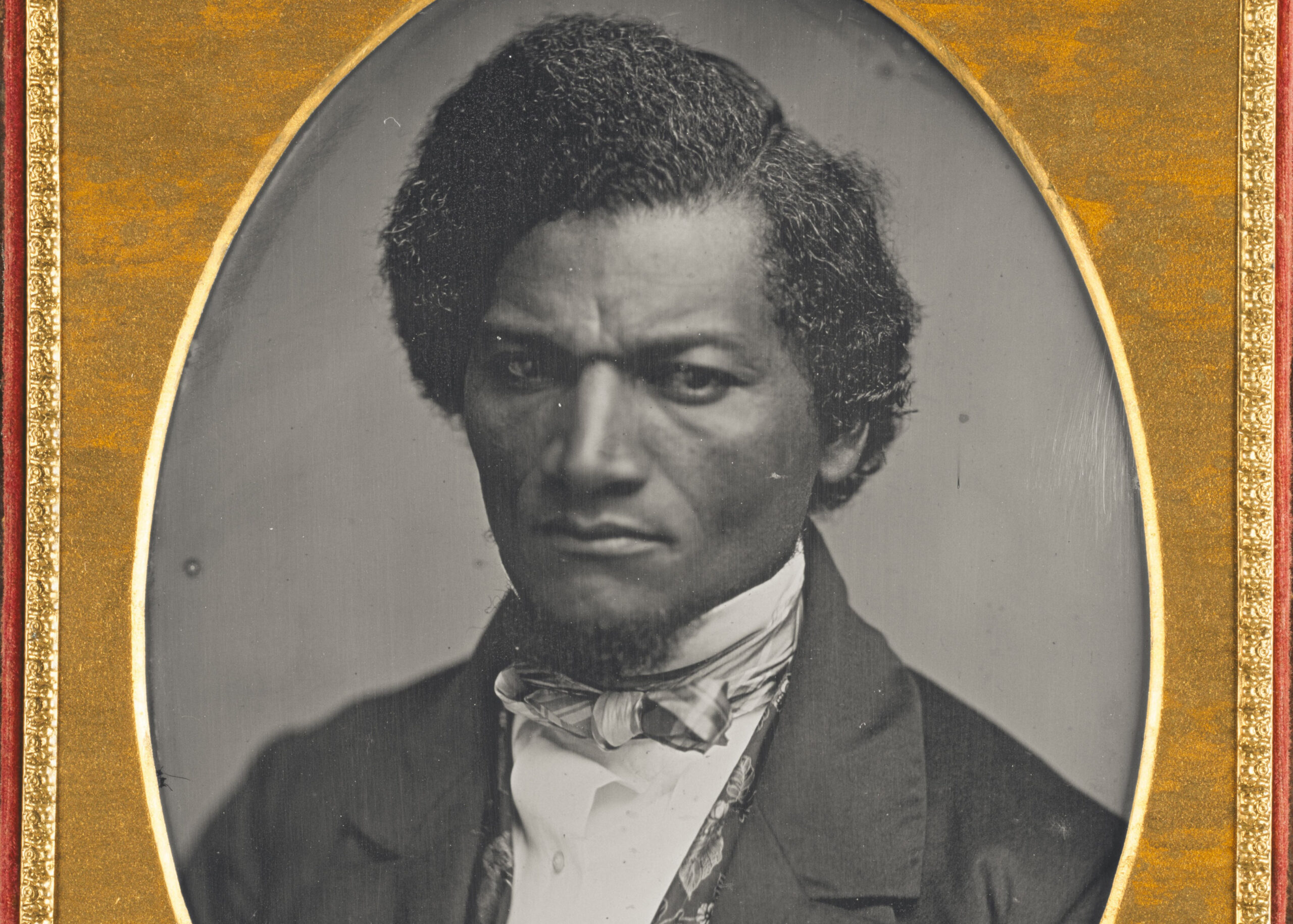
Slavery and Abolition Archives - Commonplace - The Journal of early American Life

The History of Mary Prince: A West Indian Slave Narrative by Mary Prince

Mary Prince Slave Narrative

The History of Mary Prince: A West Indian Slave Narrative by Mary Prince
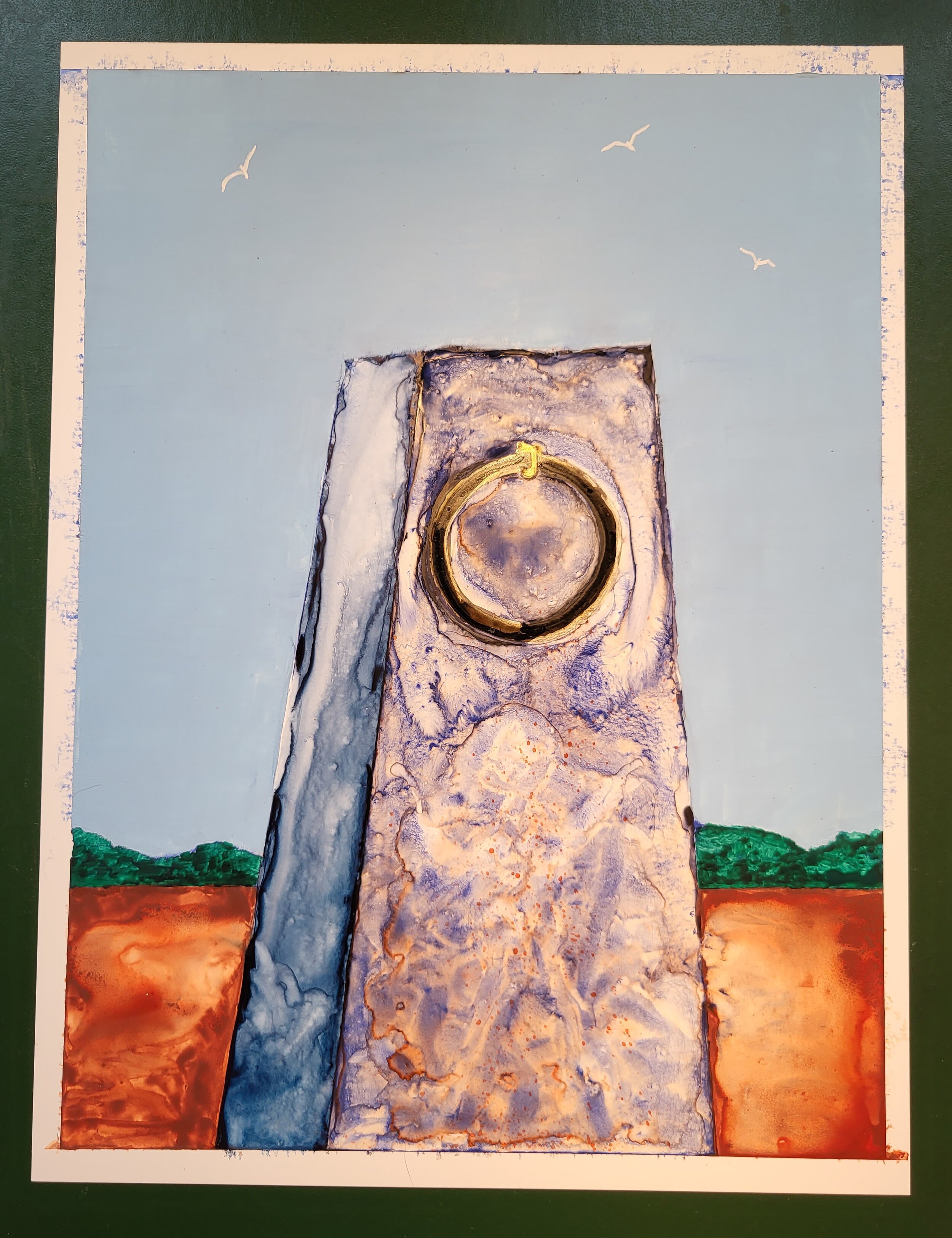
The Cocumscussoc Review — Smith's Castle
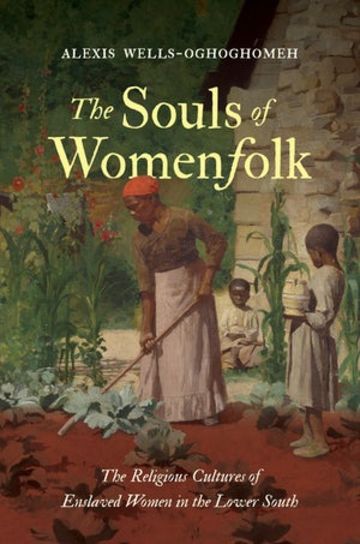
Past Events – The Royall House and Slave Quarters
